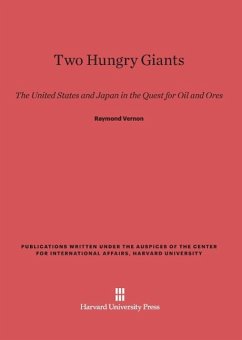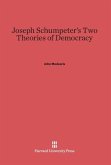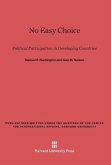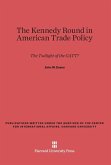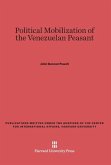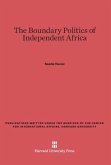This is the first book that explores the relationship between the United States and Japan in terms of the competition for industrial raw materials. With startling consistency, their responses to similar problems appear to stem from each country's history and culture, almost as if the country had no choice but to pursue the policy selected. Vernon suggests that in this field of policy, political leaders are prisoners of their national environment more than anyone--including the leaders themselves--has been prepared to recognize.
Examining in turn the world markets in oil, aluminum, copper, and steel, Vernon shows how Japan has learned to cope with its have-not status, using flexible and inventive national policies designed to help industries acquire what they need. The United States, on the other hand, lacking an explicit and consistent national policy, is torn between protecting domestic producers of these resources and trying to develop dependable sources of supplies abroad. The result is a haphazard and unstable raw-materials policy.
This unique commingling of political and economic analysis will appeal not only to scholars of international relations, domestic political behavior, and commodity markets but also to the informed layman who wishes to understand what is likely to happen as two economic superpowers range the world to satisfy their appetites for raw materials.
Examining in turn the world markets in oil, aluminum, copper, and steel, Vernon shows how Japan has learned to cope with its have-not status, using flexible and inventive national policies designed to help industries acquire what they need. The United States, on the other hand, lacking an explicit and consistent national policy, is torn between protecting domestic producers of these resources and trying to develop dependable sources of supplies abroad. The result is a haphazard and unstable raw-materials policy.
This unique commingling of political and economic analysis will appeal not only to scholars of international relations, domestic political behavior, and commodity markets but also to the informed layman who wishes to understand what is likely to happen as two economic superpowers range the world to satisfy their appetites for raw materials.

